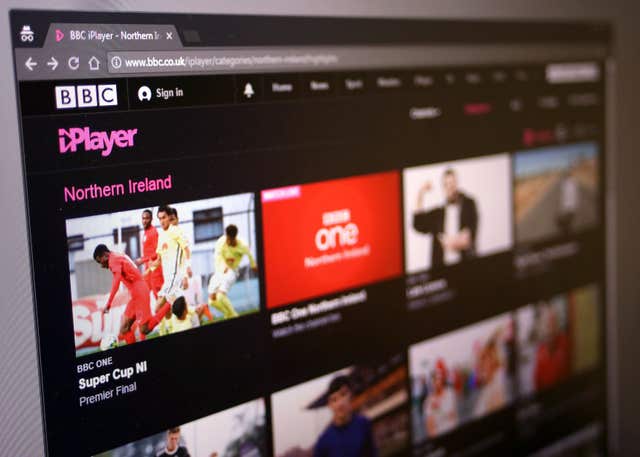Disabled people ‘being let down’ by streaming service accessibility features
A study by Scope suggests streaming services are not doing enough to make their platforms accessible for those with disabilities.

People with disabilities are being failed by streaming services with a lack of accessibility options, charity Scope has said.
A study by the disability equality charity has highlighted issues in closed captions, audio descriptions and website accessibility on some platforms.
Scope said it was concerned that many disabled people were being left with a feeling of isolation and exclusion, which was being exasperated by the difficult conditions caused by the coronavirus lockdown.
According to the findings, services such as Disney+, ITV Hub, All4 and BBC iPlayer had performed best when assessed as part of the research, but Sky Go and the Sky Store, Now TV and Google Play performed worst.

In that research, 80% of those asked said they had experienced accessibility issues, with one in five revealing that they had cancelled a subscription as a result.
66% of those asked said they had been left feeling frustrated, let down, excluded or upset by inaccessible entertainment.
Scope said the research found that programmes having either no captions or poor captions was the most common issue, ahead of bad navigation, a lack of trigger warnings and a lack of audio description.
These kinds of issues make disabled people feel like an afterthought and excluded from modern-day conversations
The charity is now calling on platforms to improve their accessibility features, and for the Government to tighten regulations requiring streaming services to carry such features.
Kristina Barrick, Scope’s head of digital influencing, said: “This is already a stressful time for disabled people, who are being hit hard by the effects of the pandemic.
“But as lockdown begins to ease for many, disabled people are still being locked out of the digital world by streaming platforms.
“Streaming and catch-up services can provide access to vital public health information and news, as well as the much-needed escapism we are all relying on in lockdown. Yet our research shows that many disabled people are feeling excluded by streaming platforms.”
Ofcom regulations state that UK-based TV channels have to provide accessibility options for a set number of programmes, however, there is no legal requirement in place for streaming services.
“Many of the most frustrating problems are inconsistencies, like not having captions or audio description on all episodes in a series,” Ms Barrick said.
“These kinds of issues make disabled people feel like an afterthought and excluded from modern-day conversations that often centre around a series.
“We want streaming platforms and other businesses to work with us to make sure disabled people can enjoy their services instead of feeling forgotten.”





